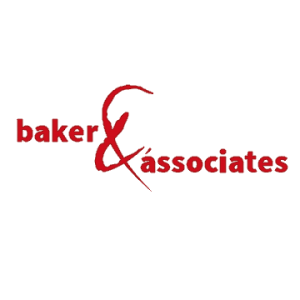
Exemptions
Both federal and state exemptions usually include:
- Homestead
- Enough living expenses to support yourself or your family
- Personal property
- Qualified retirement accounts
- And a wild card exemption, allowing you to exempt anything up to a specific dollar amount.
Your exemptions will vary by state, and some have specific dollar amount caps that have been given cost of living adjustments every three years.
Chapter 7 Bankruptcy
This type of bankruptcy liquidates your nonexempt assets and sold by the trustee to pay your creditors. Most of the time you do not have to give anything up in this type of bankruptcy. Chapter 7 usually takes three to six months and when you are finished your qualified debt will be discharged.
Chapter 13 Bankruptcy
If you have a large amount of property that you wish to keep that would not be exempt, you may want to consider filing a Chapter 13 bankruptcy. In this type, you keep all of your assets and make a court-approved repayment plan for a period of three to five years. When you have completed your plan, any remaining debt will be eliminated.
If you have questions about what property you would be allowed to keep in bankruptcy, contact a Hildago County bankruptcy attorney to discuss how you can get some debt relief while holding on to your assets.
